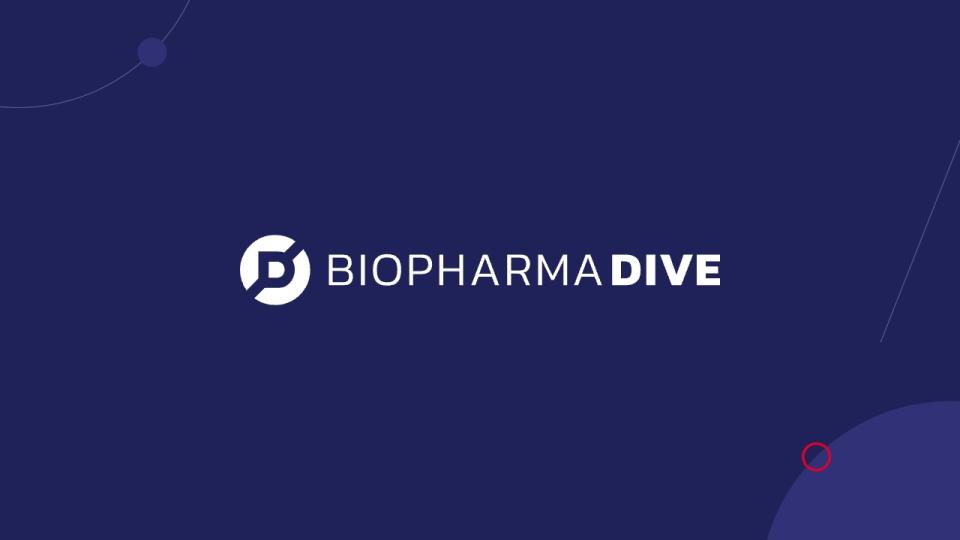J&J, Novo support Asgard’s push to make ‘in vivo’ cell therapies

Asgard Therapeutics has become the latest emerging developer of “in vivo” cell therapies to attract the attention of large drugmakers.
The Swedish biotechnology startup on Thursday raised 30 million euros, or about $33 million, in a Series A round that included participation from three pharmaceutical companies. An investment arm of Johnson & Johnson co-led the funding along with venture capital firm RV Invest, while Novo Holdings — the parent of Novo Nordisk — and Boehringer Ingelheim’s venture group also participated.
Asgard is one of many startups to emerge in recent years with plans to make medicines that genetically modify genes inside the body. These so-called in vivo cell therapies are one way to bypass the complex, drawn out process of making “ex vivo” treatments, in which a patient’s cells are manipulated in a lab and reinfused. The hope is that they can not only become more convenient alternatives to existing cell therapies, like the CAR-T treatments used to treat blood cancers, but also broaden their reach.
Since 2021, several startups have launched with sizable funding rounds. A few of them, including Capstan Therapeutics, Ensoma and now Asgard, have received investments from pharmaceutical companies. And some have formed pacts with developers like AbbVie, Astellas Pharma and Sanofi, among others.
Sana Biotechnology, a well-funded, publicly traded biotech, is working on in vivo cell therapy medicines too.
Asgard is trying to create cancer medicines that turn a tumor cell into a different type of cell that draws the attention of the immune system. In a statement, the startup said this approach, outlined in papers published in Science Immunology, should yield a “personalized, anti-tumor immune response.”
The method “has great potential to create personalized treatments at scale which could be used in many cancer indications,” said RV Investment manager Aleksei Zeifman, in the statement.
Like many of its peers, Asgard’s research remains early. The company’s lead program, AT-108, is in preclinical testing. The company expects to ask regulators by 2026 to start human trials. The funding will help Asgard achieve that goal, as well as expand its research and development team.
This story was originally published on BioPharma Dive. To receive daily news and insights, subscribe to our free daily BioPharma Dive newsletter.
